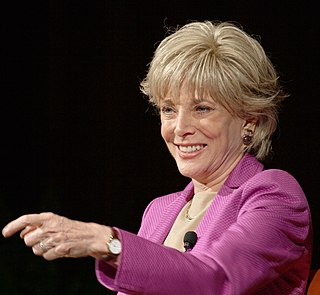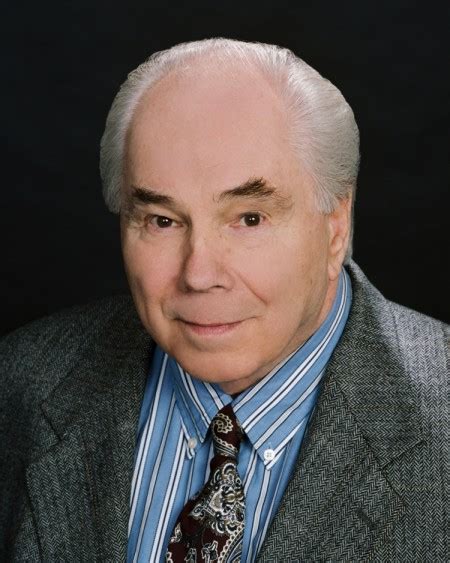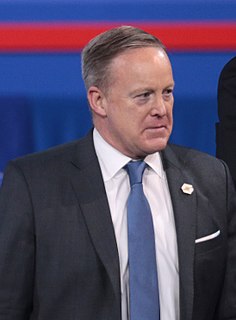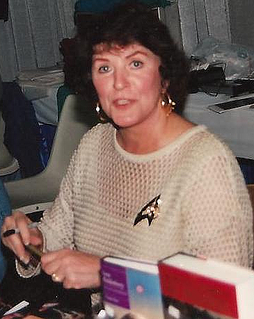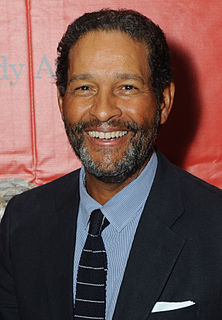A Quote by Lesley Stahl
I don't know of anybody's political bias at CBS News. We try very hard to get any opinion that we have out of our stories, and most of our stories are balanced.
Related Quotes
Humanity's legacy of stories and storytelling is the most precious we have. All wisdom is in our stories and songs. A story is how we construct our experiences. At the very simplest, it can be: 'He/she was born, lived, died.' Probably that is the template of our stories - a beginning, middle, and end. This structure is in our minds.
So I found myself telling my own stories. It was strange: as I did it I realised how much we get shaped by our stories. It's like the stories of our lives make us the people we are. If someone had no stories, they wouldn't be human, wouldn't exist. And if my stories had been different I wouldn't be the person I am.
Yet again, an ancient answer echoes across the centuries: Listen! Listen to stories! For what stories do, above all else, is hold up a mirror so that we can see ourselves. Stories are mirrors of human be-ing, reflecting back our very essence. In a story, we come to know precisely the both/and, mixed-upped-ness of our very being. In the mirror of another's story, we can discover our tragedy and our comedy-and therefore our very human-ness, the ambiguity and incongruity, that lie at the core of the human condition.
I think most people aren't really privy to how stories are developed and what stories are - make it to the front page or to the mainstream media, whether it's in print or in broadcast. And I think they'd be shocked and disappointed to see some of the bias that exists in some of the stories that don't get told - or the manner in which they are told.
My big "double-aha" moment came while anchoring the national news at CBS News. It was at the height of the recession, and on top of the usual negative stories, my newscasts became full of especially heart wrenching stories of people losing their homes, jobs, and retirement savings. Starting the morning off like that could leave even the most optimistic person feeling helpless and hopeless. The lightning bolt came when we changed how we talked about the negative.
Humans are kind of story-propagating creatures. If you think of how we spend our days, think of all the time you spend on entertainment. How much of your entertainment centers around stories? Most pieces of music tell stories. Even hanging out with your friends, you talk, you tell stories to each other. They're all stories. We live in stories.
